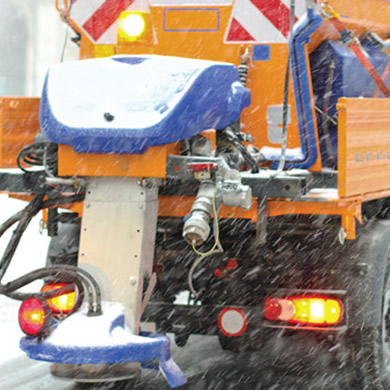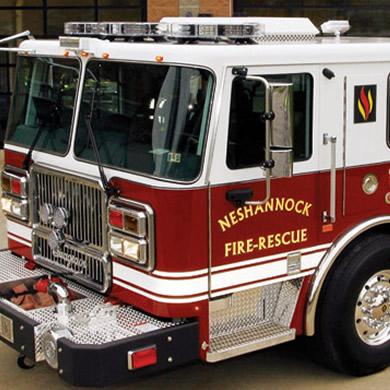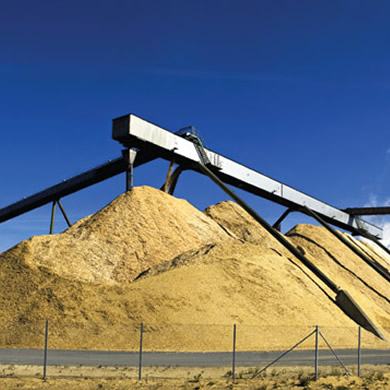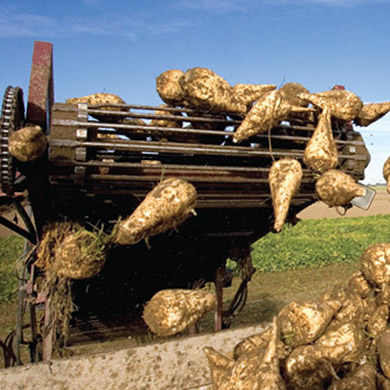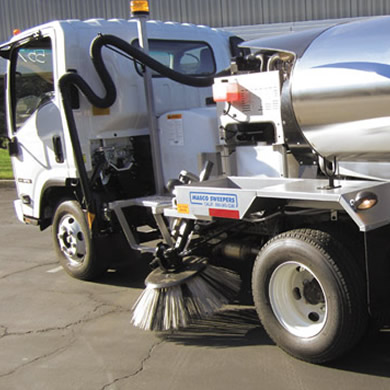 Well suited to stand up to challenging, corrosive and abrasive environments, Crompion International’s Cromgard Specialty Stainless Steels have a long history of superior performance in a wide range of industries. With the rapid expansion in the production of ethanol and biofuels, and the unsuitability of mild steel and Corten in these applications, engineers are now seeking new materials to improve the production process.
Well suited to stand up to challenging, corrosive and abrasive environments, Crompion International’s Cromgard Specialty Stainless Steels have a long history of superior performance in a wide range of industries. With the rapid expansion in the production of ethanol and biofuels, and the unsuitability of mild steel and Corten in these applications, engineers are now seeking new materials to improve the production process.
A low-cost, next-generation stainless steel, Cromgard C12 provides strength, corrosion and abrasion resistance, durability and low maintenance, as well as good weldability and formability, making it capable of fabrication by conventional techniques. Due to its superior performance, it is a reliable option for the construction of ethanol fermentation tanks and material handling equipment, such as chutes and conveyers.
Crompion International offers a range of Cromgard grades that outperform traditional materials such as carbon steel, galvanized mild steel and aluminum, by providing up to five times the operating life. In many cases, the family of Cromgard grades are also costeffective alternatives to 304/304L and 316/316L, and don’t need to be painted or coated, which leads to additional savings. For more information visit www.crompion.com. For strategic and end-use consulting, call 225-343-4219 to speak with a Technical Sales Representative.
Studies have shown that mild carbon steel is susceptible to corrosion in ethanol and biofuel applications. When a chemical environment is coupled with mechanical abrasion on the surface, the rate of corrosion will increase rapidly and generate significant material losses. In contrast to mild carbon steel, Cromgard C12 forms a tough chromium oxide layer that resists the corrosive/abrasive attack. In wet or damp conditions, such as in chutes and conveyers where biofuel stock is handled, Cromgard C12 has demonstrated excellent performance by resisting corrosive attack and maintaining better flow and slideability characteristics when compared to non- or low-alloyed steels, including abrasion resistant grades. In many cases, it outperforms 304/304L SS in wet abrasive and corrosive environments.
Ethanol Testing Proves Positive Corrosion data on the performance of different steels in solutions of ethanol from the NACE COR·SUR database shows that Cromgard C12 and the more expensive 18% Chromium/8% Nickel types of 304/304L stainless steels have low rates of corrosion at various temperatures.
Testing and in-plant use in ethanol fermentation tanks have shown Cromgard C12 has performed exceptionally. Test coupons were placed in the tanks to evaluate comparative corrosion rates of different materials. After 297 days of exposure, the following corrosion rates were measured.
The materials listed are ranked to show increasing corrosion resistance. Evaluations of tanks built with weldable Cromgard C12 showed no appreciable weight loss in full-scale usage after three years at one site and for twenty years at another site. It is stable at an operational temperature of 104°F and pH range of approximately 4.0 – 4.5 during fermentation. Evaluation during the five-hour steam cleaning, where the sterilization process is the most severe (pH to 14, 4% NaOH solution plus steam with 3 ppm ClO2 at 10.3 bars pressure), showed Cromgard C12 performed more than satisfactorily in this type of application and offered advantages in both ease of sterilization and “clean-ability.” The tank bottoms were epoxy-coated to prevent crevice corrosion between the tank and the concrete bases.
During the ethanol and biofuel process, Cromgard C12 has a vast range of uses from materials handling equipment to fermentation tanks.


